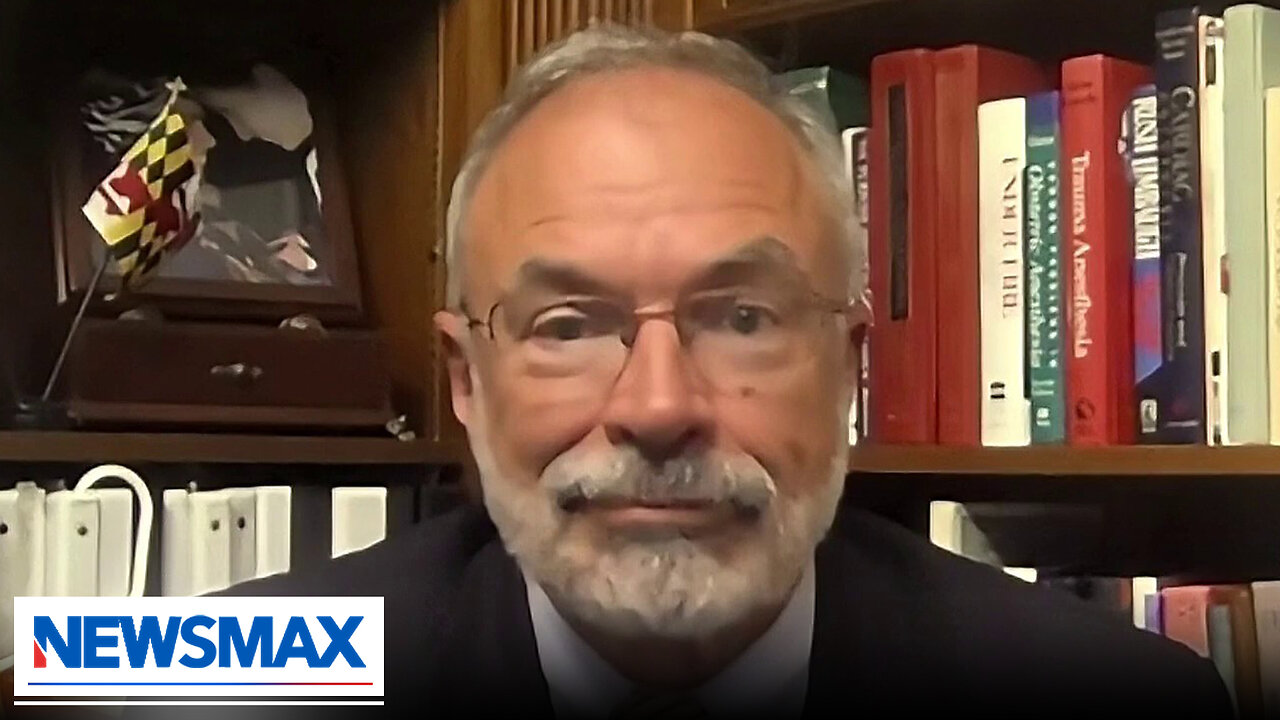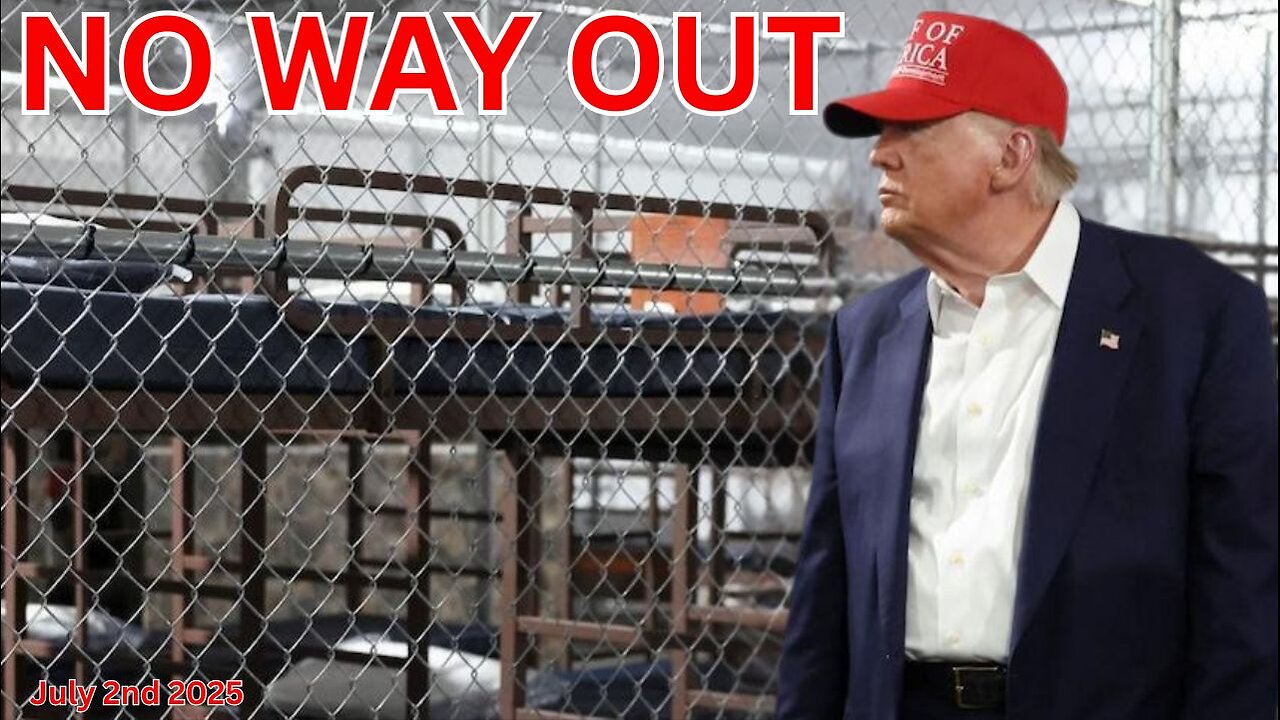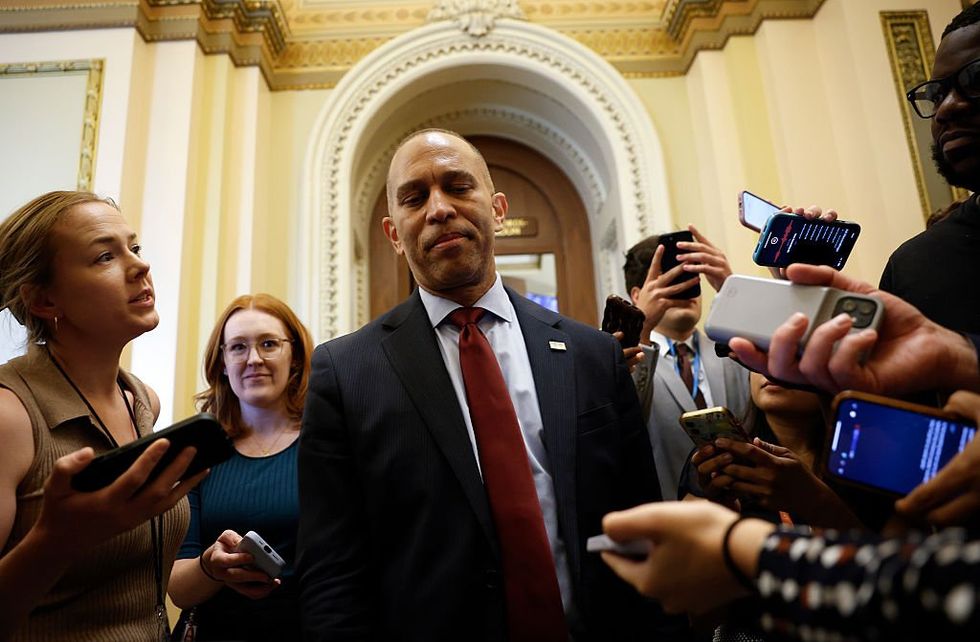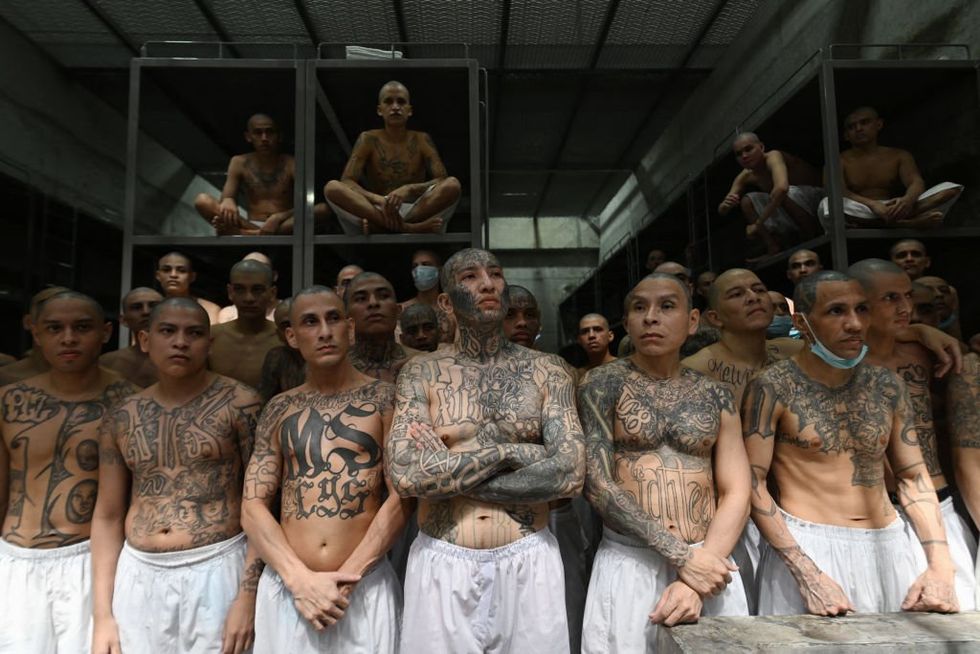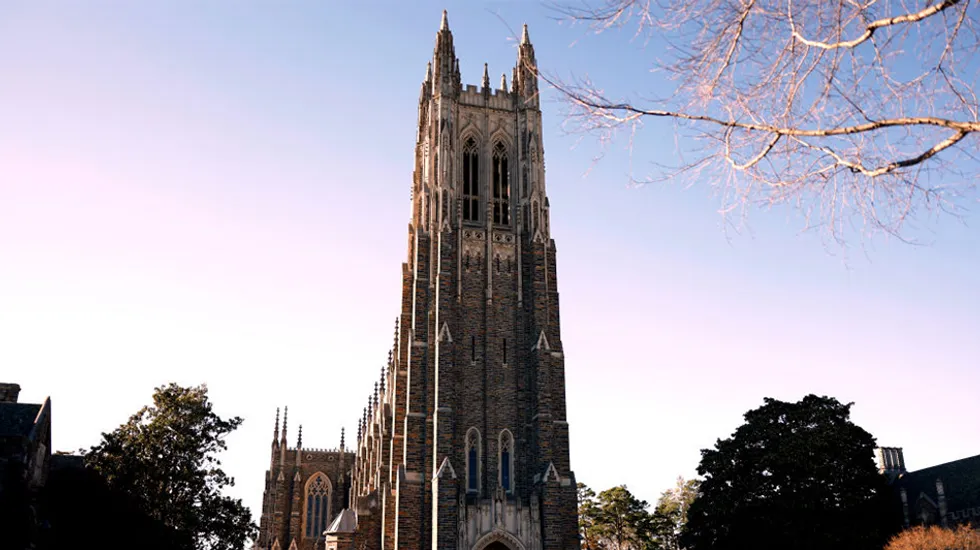Taxpayer-Subsidized College Tuition for Illegal Aliens—but Not for Citizens

Did you know that 25 states offer in-state college tuition to illegal aliens? Probably not.
And did you know that there is a federal statute that prohibits states from offering in-state tuition to illegal aliens unless a state offers the same tuition break to students from other states? Didn’t think so.
One of the flaws of that statute is that it didn’t provide for a private right of action for individuals or organizations to sue, and the U.S. Justice Department has never enforced it.
There are two ways to close that loophole.
Some History
As we discussed in detail in 2011 in a Heritage Foundation legal memorandum, in 1996, Congress passed the Illegal Immigration Reform and Immigrant Responsibility Act, which was signed into law by Bill Clinton. That Act contained a provision, now codified at 8 U.S.C. § 1623, that specifically prohibits states from providing in-state college tuition rates to “an alien who is not lawfully present in the United States” unless “a citizen or national of the United States is eligible for such benefit (in no less an amount, duration, and scope) without regard to whether the citizen or national” is a resident of the state.
Note that federal law doesn’t prevent states from allowing illegal aliens to attend their colleges or to charge them in-state tuition rates as residents of the state. But if they do, they can’t discriminate against American students by providing illegal aliens with better benefits than out-of-state citizen students.
Texas and California, both at the extreme ends of the red state/blue state political dichotomy, are two of the 25 states blatantly violating federal law by providing in-state tuition to illegal aliens while making out-of-state citizen students pay higher rates. Twenty of them also provide illegal aliens with state financial aid.
The only states that actively block not only in-state tuition but also enrollment of illegal aliens are Alabama, Georgia, and South Carolina. Seven other states block access to state financial aid but not to in-state tuition breaks, including Missouri, Indiana, Ohio, Wisconsin, Tennessee, North Carolina, and New Hampshire.
Since there is no private right of action in the statute, states haven’t followed the law, because they realized that private citizens won’t succeed in lawsuits against them and, at least to date, the federal government hasn’t filed any enforcement proceedings against them either.
We are not talking about small change here. According to a report by U.S. News & World Report, the average cost of tuition for out-of-state students at public colleges in the 2024-2025 school year was almost $25,000, compared to only $11,000 for in-state residents.
In the few cases in which outraged parents have tried to sue states because their U.S. citizen kids were being charged higher tuition rates than illegal aliens, the courts have almost uniformly held that they don’t have standing to pursue litigation because there is no private right of action to enforce the statute.
Take, for example, a 2007 decision from the U.S. Court of Appeals for the 10th Circuit in Day v. Bond, a case that was filed against Kansas by out-of-state citizen students. The court held that the plaintiffs lacked standing to bring the suit.
Or consider the 2010 class action decision by the California Supreme Court in Martinez v. Regents of the University of California. The case was brought by citizens who lived outside of California who were forced to pay nonresident tuition for enrollment at California’s public universities. The court held that a state law that allows public universities to offer in-state tuition to illegal aliens did not violate Section 1623 and also did not violate the rights of nonresident students under the privileges and immunities clause of the 14th Amendment.
In another recent case, Young Conservatives of Texas Foundation v. Smatresk, a three-judge panel of the U.S. Court of Appeals for the 5th Circuit did find that out-of-state students attending the University of North Texas had standing to challenge the Texas law granting in-state tuition rates to illegal aliens. But then the court ruled against the students, holding that the Texas law doesn’t violate federal law because it supposedly imposes no duty on Texas “related to U.S. citizens.”
According to the court’s logic (that is hard to follow), the Texas law only grants in-state tuition to Texas “residents” regardless of whether they are citizens or aliens and, therefore, it does not violate federal law. In other words, since out-of-state illegal aliens would be charged the out-of-state rate and the in-state rate would only be available to illegal aliens who reside in Texas, the law is fine.
Enforce the Law
As we wrote in 2011, there are at least two ways to enforce this federal statute.
First, while the statute does not contain a private right of action, it is the responsibility of the federal government to enforce federal laws. The Trump Justice Department could decide to weigh in and finally enforce this provision against the 25 states that are blatantly violating the law, something prior administrations have failed to do.
Even if the Trump administration acts, however, there is no guarantee that any subsequent administration will do so. In fact, given the history of nonenforcement of past administrations, it is highly likely future administrations won’t take up the cause, which leads to our second suggestion.
Congress could amend the statute to add a private right of action. In doing so, Congress would empower parents who are paying exorbitant out-of-state tuition costs for their kids at state institutions to sue to get in-state tuition if the state violates the statute. And since there are almost 2,000 public colleges in the United States, that’s a lot of litigation.
And Congress should make it abundantly clear that states are absolutely barred from providing in-state tuition to illegal aliens, regardless of where they reside, unless they provide the same benefit to all American students, regardless of where they reside.
American citizens should not be forced to subsidize the education of aliens who broke—or whose parents broke—the law to enter our country. Period.
The post Taxpayer-Subsidized College Tuition for Illegal Aliens—but Not for Citizens appeared first on The Daily Signal.
Originally Published at Daily Wire, Daily Signal, or The Blaze
What's Your Reaction?
 Like
0
Like
0
 Dislike
0
Dislike
0
 Love
0
Love
0
 Funny
0
Funny
0
 Angry
0
Angry
0
 Sad
0
Sad
0
 Wow
0
Wow
0





























